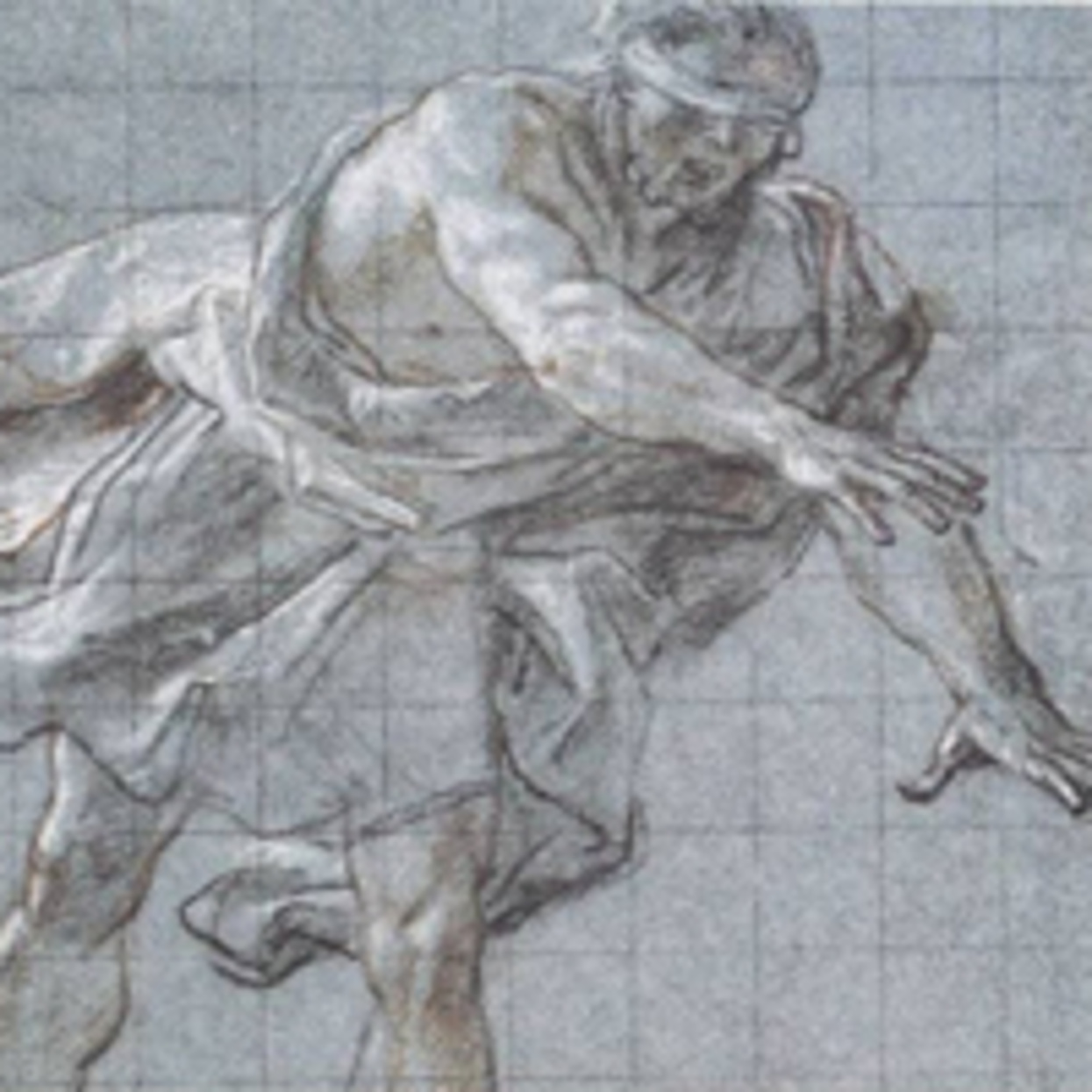David Bates

My recent book, States of War: Enlightenment Origins of the Political, explores the invention of an autonomous idea of political community in natural law thinkers, from Grotius and Hobbes to Locke, Montesquieu, and Rousseau. The argument is framed by Carl Schmitt's work on the "concept of the political." I claim that an existential vision of the political, rather than undermine modern constitutional theory, in fact grounds our conception of the "legal state." I continue to work in the history of political thought. Current interests include: the constellation of ideas around crisis, revolution, and catastrophe; Carl Schmitt's idea of the katechon; and political theology in early modern and contemporary thought.
I am now completing a new book, entitled Human Insight: An Artificial History of Natural Intelligence. This project focuses on the problem of insight, or radical novelty, at the intersection of theories of knowledge, media networks, machine technologies, concepts of the body, and practices of industrial organization. Beginning with an examination of Cartesian robotics and early modern reflection on automata, I then demonstrate the ways in which the rationalist notion of creative thought has helped frame the definition of the human in the machine age and the post-industrial information era. Topics incude: Enlightenment analogy, 19th-century thinking machines, electrical communication, psychological theories of discovery, cybernetics, digital thinking, AI, and the cognitive science of insight.
About David
I received my PhD in European History from the University of Chicago, where I specialized in the French Enlightenment and the Revolutionary period. As a post-doctoral fellow at the University of British Columbia I worked for two years on early twentieth-century thought, with a focus on theology, history, and political theory in Britain, Germany, and France. Since coming to Berkeley in 1999, I have been working on two main research tracks: one on the history of legal and political ideas, and the other on the relationship between technology, science, and the history of human cognition. My undergraduate courses and graduate seminars are usually divided between these two main topic areas. Future work will bring these interests closer together, first with the themes of reason, technology, and the state, and by investigating the conceptual history of what I am calling "political physiology," the interplay between biological and political ideas in the modern period. I am past director of the Berkeley Center for New Media (2010-13) and co-organizer, with Abigail de Kosnick (TDPS), of the BCNM lecture series History and Theory of New Media.
